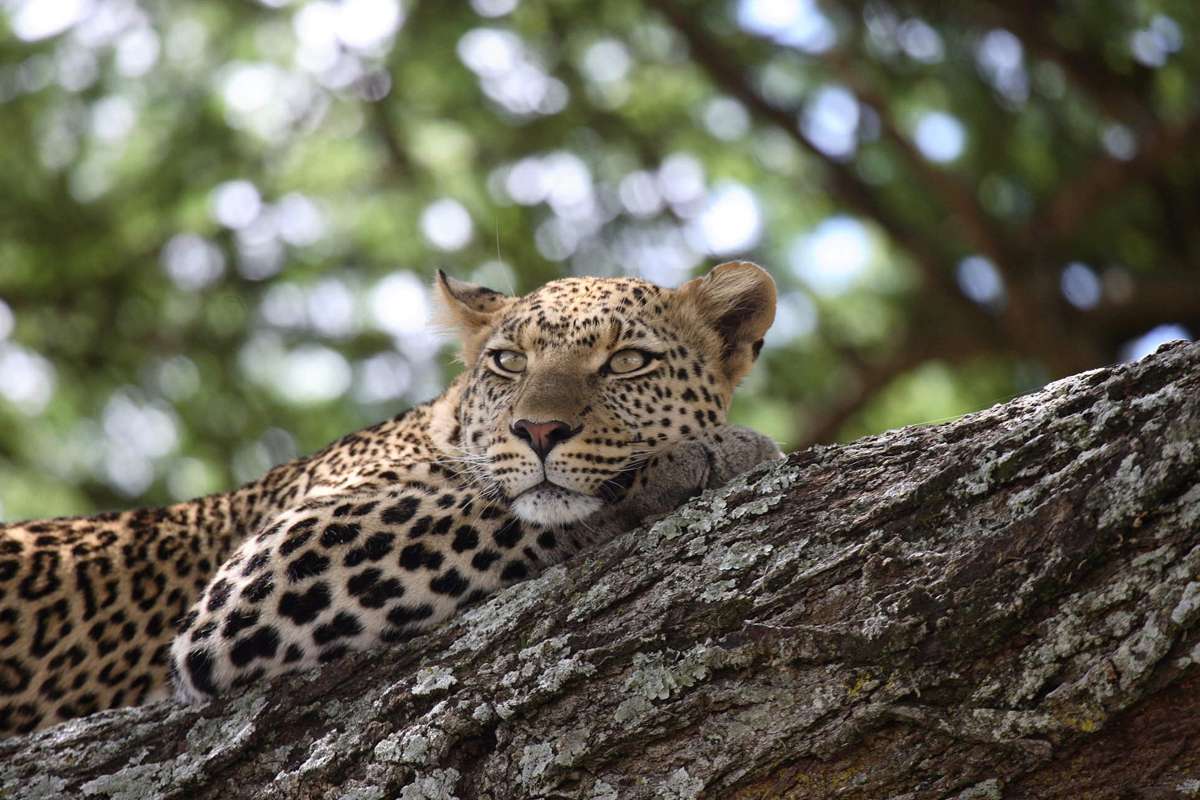Embarking on a safari adventure in Tanzania is a dream come true for many travelers. The country’s vast landscapes, rich wildlife, and vibrant cultures make it an unforgettable destination. However, it’s crucial to approach your safari with respect and awareness to ensure a positive experience for both you and the local communities. Here are some essential do’s and don’ts to help you make the most of your Tanzania safari adventure.
Do’s and Don’ts for a Respectful Adventure
Do: Respect Wildlife and Nature
- Maintain a Safe Distance: Always keep a respectful distance from the animals. Approaching too closely can disturb their natural behaviors and harm you. Use binoculars or a zoom lens for a closer view.
- Stay Quiet and Calm: Avoid making loud noises or sudden movements that could startle the wildlife. This helps maintain a peaceful environment and allows you to observe animals in their natural state.
- Follow Park Rules: Every national park and game reserve has specific rules to ensure the safety of both visitors and wildlife. Adhere to these guidelines strictly to contribute to the conservation efforts.
Don’t: Disrupt the Environment
- Leave No Trace: Whatever you bring into the park, make sure you take it out. Littering can harm the ecosystem and spoil the natural beauty of the parks.
- Avoid Feeding Animals: Feeding wildlife can alter their natural behaviors and make them dependent on humans. It’s important to let them forage naturally for their food.
- Stay on Designated Paths: Stick to marked trails and roads to avoid damaging vegetation and disturbing habitats. Off-road driving can cause significant environmental harm.
Do: Engage with Local Cultures Respectfully
- Learn Local Customs: Familiarize yourself with the customs and traditions of the local communities. This shows respect and can enhance your cultural experience.
- Dress Modestly: When visiting villages or towns, dress modestly out of respect for local customs. Lightweight, long-sleeved clothing can also protect you from the sun and insects.
- Support Local Businesses: Buy souvenirs from local artisans and eat at locally-owned restaurants. This supports the local economy and provides you with unique and authentic experiences.
Don’t: Exploit Cultural Sensitivities
- Avoid Taking Photos Without Permission: Always ask for permission before taking photographs of people or private property. Some cultures are sensitive about being photographed, and it’s respectful to honor their wishes.
- Refrain from Offensive Behavior: Be mindful of your actions and words. Avoid behaviors that might be considered disrespectful or offensive in the local culture.
- Don’t Ignore Cultural Norms: Simple gestures, like greetings or eating customs, vary between cultures. Make an effort to observe and follow these norms to show respect.
Do: Prepare Adequately for Your Safari
- Pack Appropriate Gear: Bring essentials such as sunblock, a hat, comfortable walking shoes, and insect repellent. Packing appropriately ensures you can enjoy your safari comfortably.
- Stay Hydrated: The African sun can be intense. Carry plenty of water and stay hydrated throughout your safari to avoid heat exhaustion.
- Have the Necessary Health Precautions: Ensure you have all required vaccinations and carry any necessary medications. This includes malaria prophylaxis if recommended for the area you’re visiting.
Don’t: Neglect Safety Precautions
- Avoid Night Walks Alone: Wildlife is more active at night, and it’s safer to stay within designated areas. If you must go out, always do so with a guide.
- Don’t Ignore Guide Instructions: Your safari guide is trained to keep you safe and provide an enriching experience. Always follow their instructions, especially in potentially dangerous situations.
- Refrain from Risky Behaviors: Avoid actions that could put you or others at risk, such as approaching animals on foot or swimming in unknown waters.
Do: Contribute to Conservation Efforts
- Choose Eco-Friendly Lodges: Opt for accommodations that prioritize sustainability and conservation. These lodges often reinvest in local communities and conservation projects.
- Participate in Conservation Activities: Some tours offer opportunities to engage in conservation work, such as tree planting or wildlife monitoring. Participate if you can to support these vital efforts.
- Educate Yourself on Conservation Issues: Learn about the challenges facing wildlife and habitats in Tanzania. Understanding these issues can inspire you to support conservation efforts more effectively.
Don’t: Support Unethical Practices
- Avoid Animal Exploitation: Do not engage in activities that exploit wildlife, such as riding elephants or taking photos with captive wild animals. These practices often involve cruelty and harm to the animals.
- Don’t Buy Illegal Wildlife Products: Purchasing items made from endangered species or other illegal wildlife products supports poaching and other harmful activities.
- Refrain from Disrespecting Nature: Nature is the heart of the safari experience. Treat it with the utmost respect by not picking plants, disturbing animals, or damaging the environment.
A safari in Tanzania offers an incredible opportunity to witness some of the world’s most spectacular wildlife and immerse yourself in rich cultural experiences. By following these do’s and don’ts, you can ensure that your adventure is not only safe and enjoyable but also respectful and sustainable. Remember, your actions can make a significant impact on the conservation of Tanzania’s natural and cultural treasures.
FAQs
1. What should I pack for a Tanzania safari?
Pack lightweight, long-sleeved clothing, a hat, sunblock, insect repellent, binoculars, and a good camera. Don’t forget comfortable walking shoes and any necessary medications.
2. Is it safe to drink tap water in Tanzania?
It’s recommended to drink bottled or filtered water to avoid waterborne illnesses. Always ensure the seal on bottled water is intact before consuming.
3. How can I support local communities during my safari?
Support local businesses by purchasing souvenirs from artisans, dining at local restaurants, and choosing eco-friendly lodges that reinvest in the community.
4. What vaccinations do I need for a Tanzania safari?
Consult with your healthcare provider for the most current advice, but common vaccinations include Hepatitis A, Typhoid, Yellow Fever, and malaria prophylaxis.
5. Can I take photos of wildlife on safari?
Yes, but always do so from a safe distance and without disturbing the animals. Use a zoom lens for close-up shots and follow your guide’s instructions.
For a spectacular Tanzanian adventure, explore the following destinations on our site:
- Serengeti National Park
- Mount Kilimanjaro
- Ngorongoro Conservation Area
- Tarangire National Park
- Lake Manyara National Park
- Arusha National Park
Visit our page for detailed information and tips to plan your perfect Tanzanian journey.





